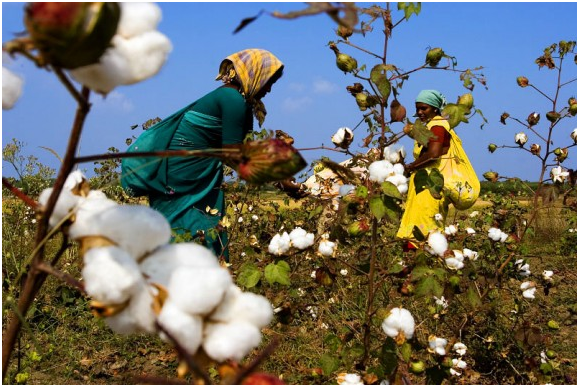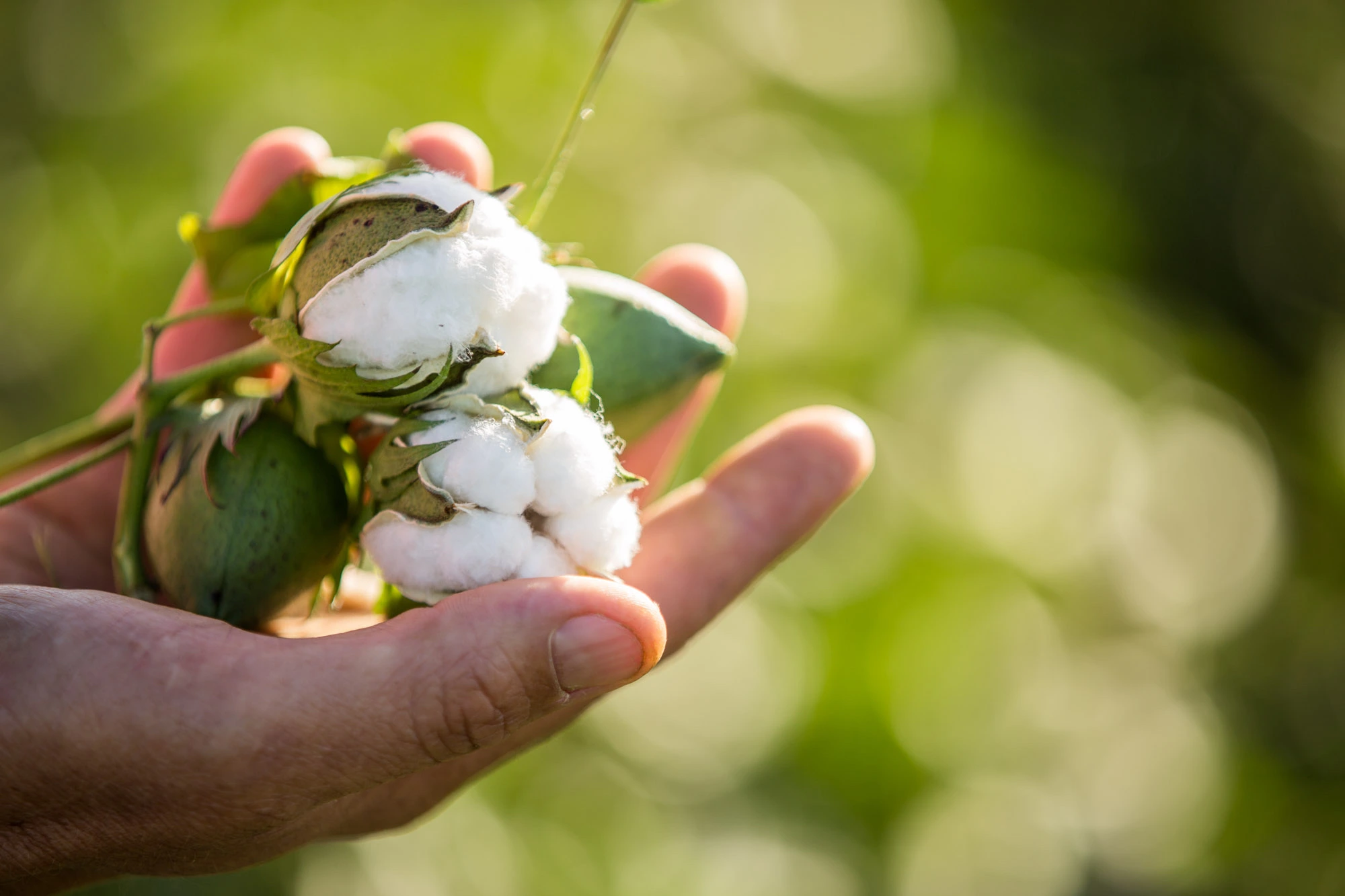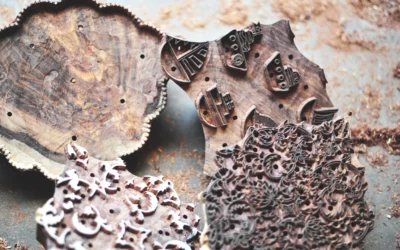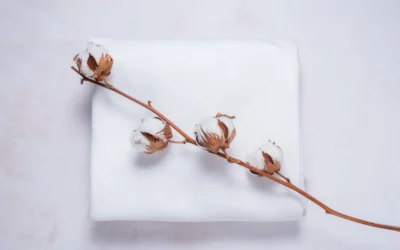The Benefits of Organic Cotton: Sustainable Textiles for a Better World
Cotton is a natural fiber that has been cultivated for thousands of years. It is breathable, renewable, and biodegradable, making it a popular choice in the textile and fashion industry. However, conventional cotton farming is a chemically intensive crop that has serious environmental and health implications. This is where organic cotton comes in. In this article, we will explore the benefits of organic cotton and why it is a sustainable choice for textiles.
What is Organic Cotton?
Organic cotton is grown using agricultural methods that have a lesser environmental impact. It is cultivated, processed, dyed, and finished with methods focused on promoting ecosystem health and reducing toxic pesticides and chemicals. Organic cotton is extracted only from natural seeds and uses techniques that maintain soil fertility, prevent contamination of groundwater, and reduction in greenhouse gas emissions. India has been at the forefront of organic cotton production, accounting for 58.2% of all organic cotton produced worldwide.
Why is Organic Cotton More Sustainable?
As consumers become increasingly aware of climate change, there has been an increase in demand for organic cotton.

Here’s why organic cotton is more sustainable:
Mitigating Climate Change by Capturing More CO2
Organic cotton production uses mitigation and sequestration to reduce greenhouse gases. By eliminating the use of chemicals and toxic insecticides on cotton, organic cotton farming helps mitigate climate change. Using crop rotation, natural fertilizers, and intercropping with plants that stop pests, organic cotton farming helps to create healthy soil. Healthy soil helps to sequester carbon in the soil, reducing carbon dioxide and greenhouse gas emissions from the atmosphere.
Saving Our Waterways
Conventional cotton farming uses chemical fertilizers that contaminate our streams, rivers, and oceans. By contrast, organic cotton farming does not use hazardous chemicals that can leach into the soil and taint the groundwater. Organic cotton farms enrich the ground, which works like a sponge during floods and supports crops during drought. Also, organic cotton uses 90% less water than conventional cotton.
Moving Towards Sustainability
Conventional cotton farming uses large amounts of insecticides and pesticides that harm humans and the environment. On the other hand, organic cotton cultivation relies on approved organic pesticides, herbicides, and fertilizers that are safer from a climate and health perspective.
The farm workers and the agriculture community growing and processing organic cotton can live in relatively healthier conditions as they are not exposed to harmful chemicals. The land used to grow organic cotton is fertile with a longer life span and uses traditional techniques and local seed varieties.
The Role of Organic Cotton in Safeguarding Our Future
Climate change and sustainability are everyday conversation topics, and we all know there is no shortcut to fixing climate change. Positive steps in the right direction can contribute to mitigating the effects of global warming. Organic cotton has a significant role in safeguarding our future and limiting the devastating effects of climate change on our world.
It will guarantee not only conserving the land and the people who cultivate these crops but will allow us to protect humanity from the threat of global warming. Consumers also have a great potential to be a part of the positive change by buying sustainable textiles like organic cotton.
In conclusion, organic cotton is a sustainable choice for textiles that benefits the environment, the farmers, and the consumers. It reduces the carbon footprint, saves our waterways, and promotes ecosystem health. As consumers, we have the power to choose sustainable textiles and make a positive impact on the world. By choosing organic cotton, we can contribute to safeguarding our future and create a better world for generations to come.




